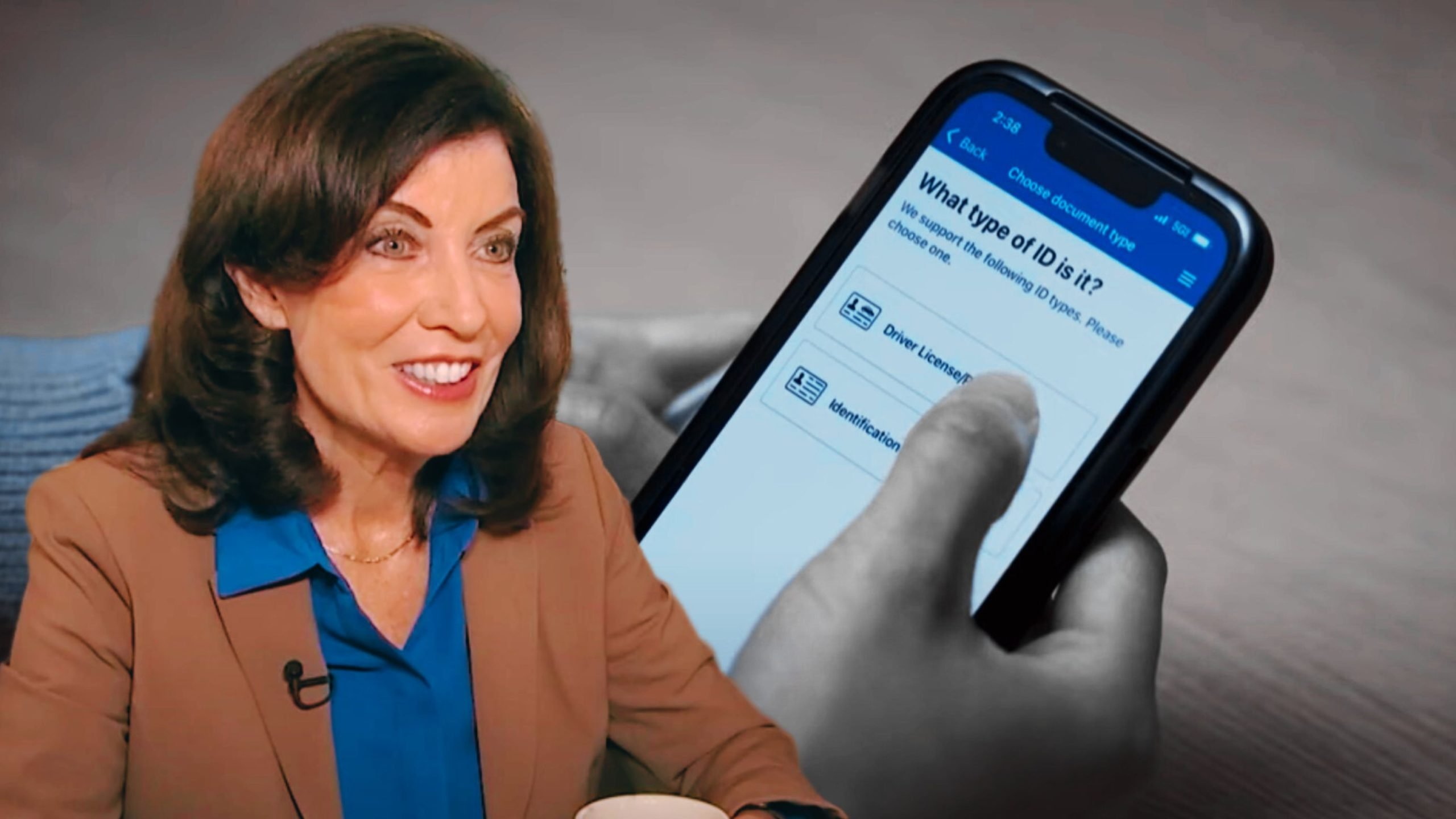It’s surely just a coincidence that New York has passed its online digital ID law, just as the state has joined the ranks of states adopting mobile ID technology, enabling residents to convert their traditional driver’s licenses or non-driver IDs into digital formats.
As of this week, New Yorkers can download the New Longyear Mobile ID app from both the Apple App Store and Google Play. This digital version allows users to verify their identity at airports and other locations requiring ID. To set up their mobile ID, users must initially scan both sides of their existing physical ID card using their smartphone.
The launch was unveiled at a media event at LaGuardia Airport, where Robert Duffy, the federal security director for the Transportation Security Administration, and other officials were present. During the briefing, it was stated that the introduction of mobile IDs is a significant step towards modernizing identity security and airport screening processes. Officials highlighted the optional nature of the digital IDs, noting they offer greater convenience without being mandatory.
Related: California Approves Online Digital ID Rules for Social Media Use
Currently, there is no mandatory requirement for businesses or law enforcement to accept mobile IDs, and acceptance is entirely voluntary. Businesses, including bars, may begin accepting mobile IDs immediately, provided they install a state-sanctioned verifier application.
According to a press release from Governor Kathy Hochul’s office, the New York Mobile ID app is operational in nearly 30 airports nationwide, including all terminals at LaGuardia and John F. Kennedy airports. New York is now among a growing list of states such as Arizona, Colorado, and Utah that have embraced mobile driver’s licenses.
The shift to mobile IDs aligns with the broader trend of smartphones becoming digital wallets, capable of storing not just credit cards and IDs, but even car keys. However, this shift raises significant privacy issues. Digital IDs can be tracked more easily than physical cards, potentially exposing detailed information about individuals’ movements and activities. There are concerns about how securely this data is stored, especially when managed by third-party vendors.
One major issue is the potential for increased surveillance. Digital IDs can be tracked more easily than physical cards, leading to the possibility of detailed tracking of individuals’ movements and activities. This capability poses a threat to personal privacy, as it could enable both governmental and non-governmental entities to collect and analyze vast amounts of personal data without explicit consent.
Furthermore, the security of the data stored in digital IDs is a pressing concern. With third-party vendors often involved in managing these digital identities, the risk of data breaches or misuse increases.













